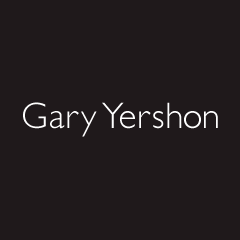in the photo:
me, David Ericsson, Paul Barber
Sambo
This project, about the consequences of the slave trade, had a big influence on how I thought about music. There was a scene on board a slave-ship during which a lament was sung. I didn’t want to just write something: I thought it would be better for the actors (of which I was one) to create the music so they’d have more emotional connection to it. I’ve no idea where that idea came from. Wherever it was, to prepare for the scheduled rehearsal session, I began exploring the music of Africa
As soon as the sheer vastness and inexhaustible variety of the subject presented itself to me, I realised that my musical education had completely ignored the many and varied musics of the world. I wasn’t alone. This was the late 1970s. The limitations – political as well as artistic – of what was on offer from a conservatoire-based approach to music education was dawning on a lot of people. That was about to change. Within a decade, ‘world music’ had mutated from a specialism into a consumer brand. From the vantage point of the era of Youtube , it seems astonishing that our outlook had once been so limited, our attitudes so insular.
It was through working on SAMBO that I encountered the work of John Blacking (How Musical is Man?) and Christopher Small (Music, Society, Education); acquired my first reader’s card for the British Library; listened to field recordings of village singers in the library at the old Commonwealth Institute in Kensington. And I found out that opening up to collaborating with fellows actors to create music could be a liberating and rewarding experience.
All in all, I owe this production a lot.




